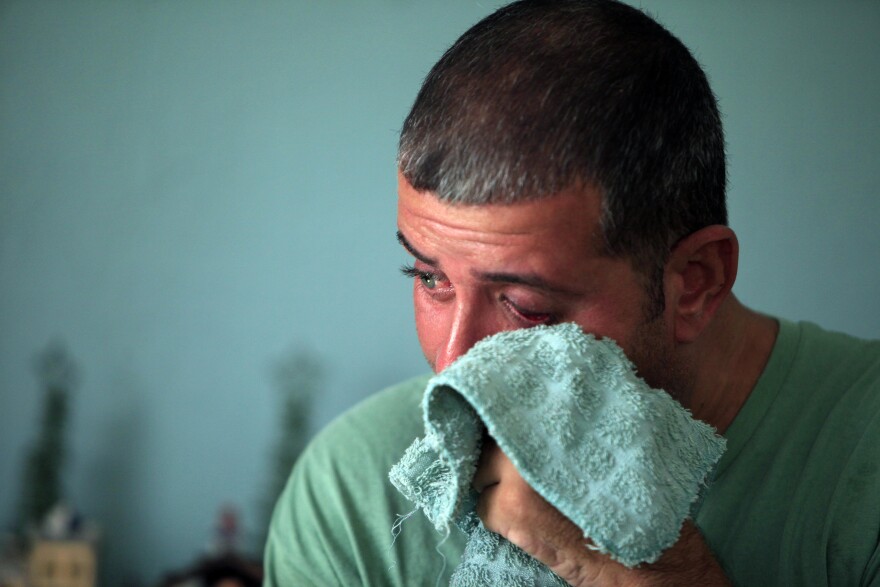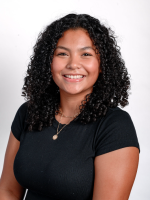The head of Miami-based Borinquen Medical Centers worries the continuing decline of Puerto Rico’s health care system is going to drive more doctors, nurses and other health professionals to leave the U.S. island territory.
In an interview on Friday's South Florida Roundup with host Tim Padgett, Paul Velez, Borinquen President and CEO, said the high mortality rate in Puerto Rico documented in a recent investigative story jointly published by The Washington Post and Puerto Rico’s Center for Investigative Journalism starkly illustrates the deadly consequences of a failing health care system.
The investigation found that Puerto Rico had more than 35,400 deaths last year — nearly 3,300 more than researchers would typically expect based on historic trends. The U.S. territory is home to 3.3 million people. The high death rates continued even after the COVID-19 pandemic began to subside.
The story noted that the collapsing healthcare system had left large swaths of Puerto Rico with scant medical infrastructure and personnel. The number of physicians dropped by almost 50%. Fewer than a third of its municipalities have hospitals with accessible beds, and some Puerto Ricans live as far as 20 miles away from the nearest hospital. The island has just 95 cardiologists, the media outlets reported.
"This has been a growing concern for a number of years," said Velez. "And to see the island lose many of its residents to the diaspora or to the mainland, especially here in central and south Florida, it's horrible."
A massive exodus caused by a decade long economic crisis was accelerated following the devastation caused by Hurricane Maria, which struck in September 2017.
Velez said the departure of so many Puerto Ricans, especially younger ones, has left behind a considerably older population on the island. That in and of itself, he said, is only adding to the worsening healthcare crisis.
“Baby boomers are getting older…We're wondering, where are the generation X’s and the Z's. We need to bring them back,” he said.

Doctors and nurses have been a big part of that out-migration and many of them have ended up here in South Florida, which is home to an especially large Puerto Rican community, he said.
After Hurricane Maria, said Velez, there was inadequate funding by the federal government when it came to rebuilding and restoring facilities like community health centers and hospitals. He said pay disparities for health care professional also has played a role.
“There are huge salary disparities in Puerto Rico," he said. "There are also economic disparities, even when it comes to Medicaid and Medicare reimbursements, they're not at the same rate whatsoever compared to the mainland United States,” he said. “So [medical professionals] have to leave their families behind or come with their immediate family or spend a few years working [on the mainland.]”
He noted that a registered nurse, or RN, working in Puerto Rico may earn $31,000 to $34,000 a year — "that's ludicrous compared to what an RN can get in the state of Florida."
He said the Puerto Rican government needs more money to invest into its health care system, but that the island's debt has choked its finances.
The territory’s government announced in 2015 that it was unable to pay its more than $70 billion public debt, accumulated through decades of mismanagement, corruption and excessive borrowing. In 2017, Puerto Rico filed for the biggest U.S. municipal bankruptcy in history.
"We are never going to be able to get out of this debt unless there are ways and means to incentivize the [island] to be able to bring businesses as well as also encouraging professionals to stay in the country."
You can listen to the full conversation at the audio link above.






